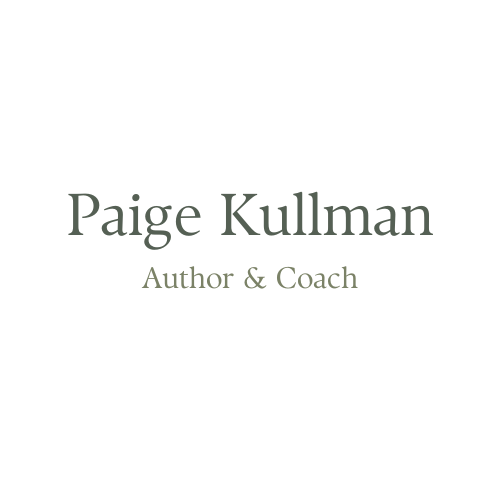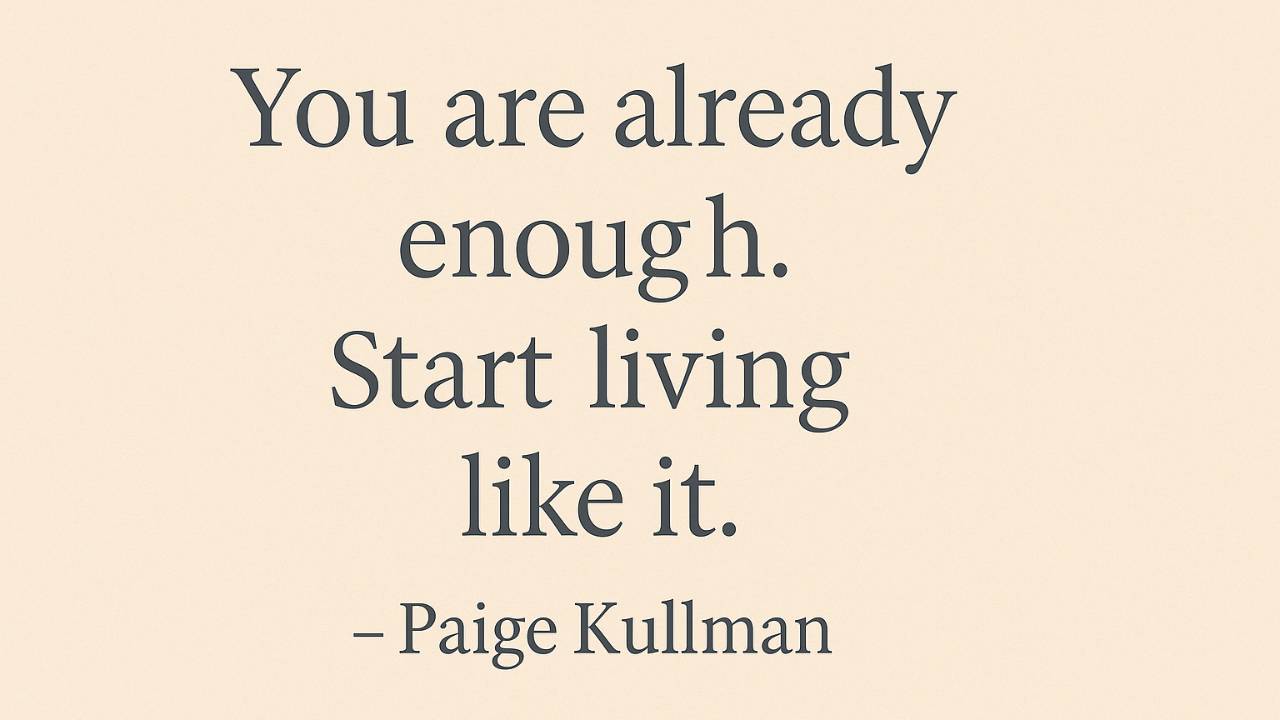Are You Ready for May?
May 06, 2025📌📌Want to save this blog post for later? Use this link to pin this to your Pinterest board.
Are You Ready for May?
Hello friend,
When it’s time for Birdie to go on a therapy dog visit, we always start with a little play time in the yard. We pack up treats, fill a water bottle, and then I pull out her purple vest with her name stitched on the back.
I probably shouldn’t even call it a vest. It’s a superhero cape, because the moment that vest goes on, something shifts. Birdie—my happy, high-speed, tennis-ball-obsessed black lab—steps into her purpose.
When we arrive, her tail starts to wag. Her face lights up. She knows she’s welcome. She scans the room with calm, curious awareness, and then she chooses. She walks over to someone and she sits down. That’s it. She sits. Maybe they pet her. Maybe they don’t. Maybe they speak. Maybe they stay silent. But either way, Birdie stays.
She offers presence, not solutions, andsomething soft happens in the room. The person relaxes. And I’ve started to realize… it’s because Birdie holds space.
What does holding space mean?
Holding space is when we create a safe, open, nonjudgmental space.
It means allowing someone to say what they need to say—or not.
To feel what they need to feel—or not be ready to feel yet.
To sit with someone without rushing to fix, explain, or solve.
To help them remember their own wisdom, in their own time.
Birdie does it better than most of us.
And if you saw her any other time—bounding across a field, belly-flopping into a pond, or chasing her beloved yellow ball—you might never believe it. She’s pure joy on four legs. But the vest goes on, and she knows. She’s still joyful—just in a different way.
That shift? That’s something we all have to practice.
Birdie didn’t become a therapy dog overnight. It took training. Time.
She had to learn how to show up differently. And honestly, so did I.
The same is true in coaching.
When I first started, I thought I had to have the answers.
Say the perfect thing. Ask the perfect question, but the more I do this work, the more I learn: people don’t need direction. They need space. They need to feel safe enough to be honest. They need to speak about what hurts. They need to explore. Most importantly, they need to hear themselves.
And when someone feels safe enough to do that? It changes everything.
And it’s not effortless. It’s not free. It costs something.
After a visit, Birdie doesn’t just nap—she crashes.
Curled up on her side, snoring, feet in the air.
Because presence takes energy.
It’s not the exhaustion of overdoing—it’s from staying, paying attention, staying present, and choosing not to fix.
It’s a good kind of tired—the kind that says,
You were here for it. You stayed. You gave what mattered most.
So here’s what I’m wondering this month:
What if we practiced this kind of presence?
With our friends. With our kids. With our spouses.
And maybe hardest of all—with ourselves?
How do we hold space like Birdie does?
Here are a few gentle ways to begin:
✅ Stay close without crowding. Sit nearby. Let the silence do its work.
✅ Resist the urge to fix. Your job isn’t to solve their pain—it’s to help them feel less alone in it.
✅ Let go of perfect words. Most people won’t remember what you said. They’ll remember how they felt with you.
✅ Watch your “tennis ball” moments. What pulls you out of presence? What tempts you to rush, explain, or escape? Notice—and practice returning.
✅ Hold space for yourself, too. Don’t rush past your feelings. Stay with them for a moment. Gently. Without shame.
You don’t need a therapy dog certification.
You don’t need perfect words. You don’t even need a purple vest.
You just need a heart willing to stay.
As you practice, remember, Birdie and I will be cheering you on.
Paige


